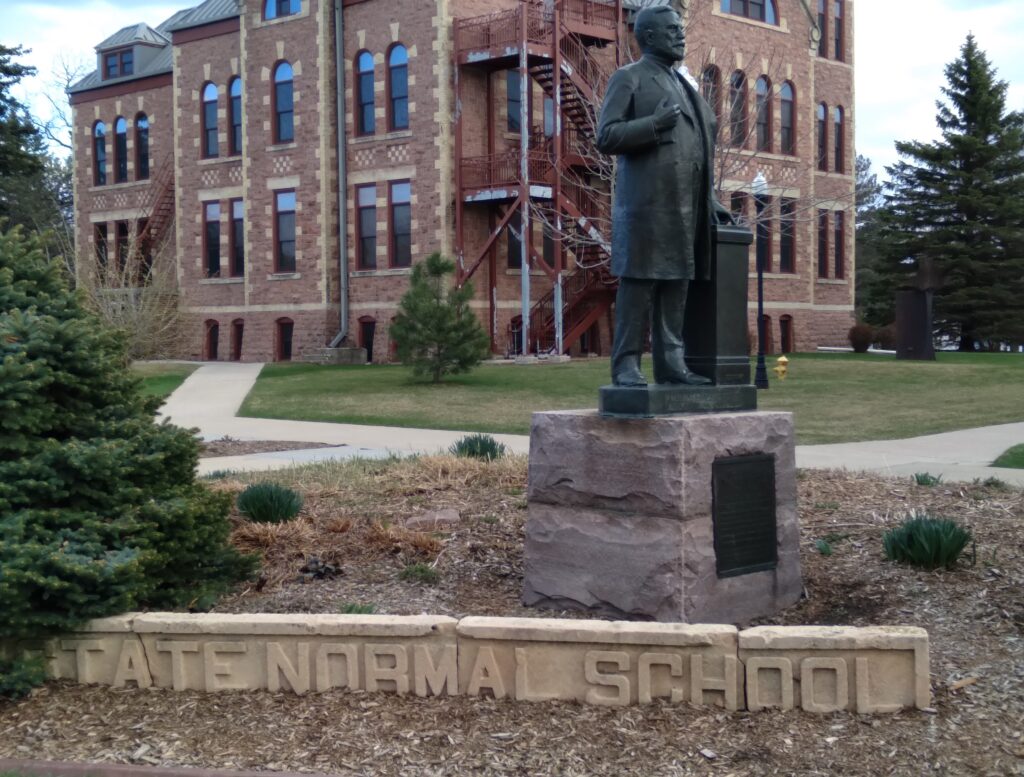A Strong Heritage

The terms diversity and inclusion have become buzz words lately among universities and businesses alike. It’s important though, to consider that these are examples of ‘show don’t tell.’ It’s easy to claim a campus is diverse and inclusive, but the important thing is to be able to demonstrate it and foster an atmosphere where students and employees embody it. One such example has been unearthed by Dr. Justin Blessinger, professor of English and also Director of the AdapT Lab.
While conducting research for a chapter in an upcoming book, Dr. Blessinger discovered an article General William H.H. Beadle wrote for the University of Michigan in 1902. At that time Beadle was serving as president of DSU, which at the time was known as the Madison State Normal School. The unearthed article discusses the changing atmosphere at the University of Michigan campus when the Civil War broke out. In a time stricken with our own world-changing events, it is a timely discovery. Just as things are unclear to us how the pandemic will end, Blessinger details how uncertain it was that slavery would be abolished prior to the war.
As the namesake for the honors program at DSU, any honors student should be familiar with the legacy of General Beadle in South Dakota. Professor Blessinger summarized this notion in an email stating that there is “so much already about which to be grateful and proud of General Beadle.” His approach to the use and sale of school lands was transformative to the point of incentivizing other states to adopt such practices. Blessinger further stated that the article he discovered “is a fantastic affirmation of the quality of leadership at the founding of our great State and our dear university.” Beadle demonstrated that leadership means doing things for the betterment of others even if it could lead to the detriment to the self.
In the article uncovered by English professor Blessinger, Beadle recounts his involvement with the Underground Railroad. Beadle was descended from an anti-slavery family and began his work with abolitionist while he was still an undergraduate at the University of Michigan. Serving as a rider he delivered messages along the Underground Railroad and helped escaped slaves on the final journey north to Canada. In that time it was a very risky venture to assist escaped slaves, yet Beadle demonstrated that the freedom of all people was more important than his own personal safety.
In his article published by SDPB, Blessinger recounts of Beadles legacy, which highlights the challenges faced by abolitionists during such a tumultuous time in American history. The story can be found at this link, https://tinyurl.com/TTDSU. As well, tune in to In the Moment with Lori Walsh on April 19th to hear our English professor discuss the tribulations of General Beadle in his own words. For those with an affinity for reading about history keep your eyes open near the end of this year for the above-mentioned book which will further explain the details Dr. Blessinger uncovered about Beadle’s involvement with the Underground Railroad.




